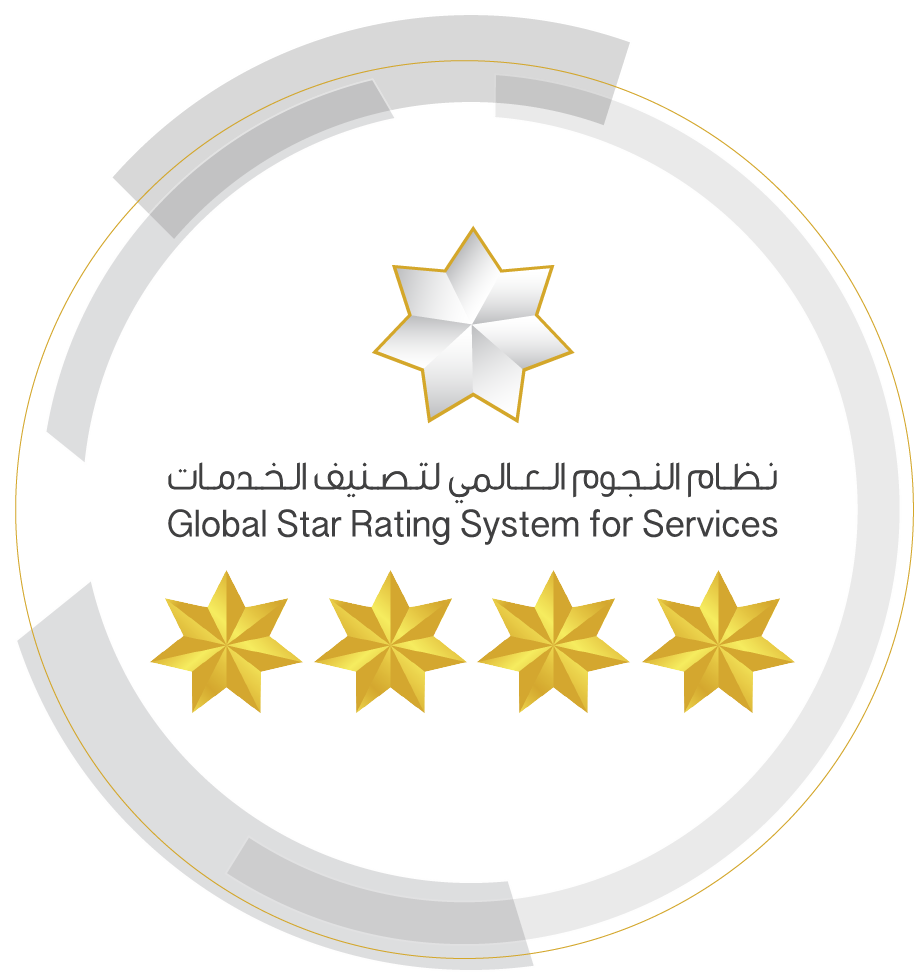U.S.-UAE Partnership to Accelerate Transition to Clean Energy (PACE)
U.S.-UAE Partnership to Accelerate Transition to Clean Energy (PACE)
The United States and the United Arab Emirates signed a major new clean energy framework on November 1 in Abu Dhabi. Today President Biden again demonstrated his deep commitment to ensuring a global clean energy future and long-term energy security as the United States and United Arab Emirates announced a robust partnership to ensure the swift and smooth transition toward clean energy and away from unabated fossil fuels. The U.S.-UAE Partnership for Accelerating Clean Energy (PACE) is set to catalyze $100 billion in financing, investment, and other support and to deploy globally 100 gigawatts of clean energy by 2035 to advance the energy transition and maximize climate benefits.
PACE’s ambitious plan is built upon four pillars: 1) Clean Energy Innovation, Deployment and Supply Chains, 2) Carbon and Methane Management, 3) Nuclear Energy, and 4) Industrial and Transport Decarbonization.
The United States and the UAE will set up an expert group to identify priority projects, remove potential hurdles, and measure PACE’s progress in achieving its goal of catalyzing $100 billion in financing, investment, and other support and deploying globally 100 gigawatts of clean energy.
Investment in Clean Energy in Emerging Economies
In addition to investing in both countries’ clean energy futures, the two countries intend to elevate climate action by vigorously pursuing and encouraging investment in clean energy in emerging economies. The U.S. and UAE are well aware of the need to bridge the gap between developed and developing countries in the investment in and deployment of clean energy to ensure global efforts to reduce emissions do not falter. To help bridge the gap, the two countries intend to work together to prioritize commercial projects in developing and low-income countries as well as provide them technical and financial assistance.
Spurring Clean Energy Innovation, Deployment and Supply Chains
Transitioning away from fossil fuels will depend upon new and emerging technologies and the scalable development of low-emission energy sources. Safeguarding the reliability of supply chains necessary for the new energy technologies to scale up is also essential. To make this happen, PACE intends to tap available resources and public and private sector expertise in the U.S. and the UAE and expedite investment in and deployment of new technologies to drive down cost. In addition, PACE plans to help facilitate investment in mining, production, and processing of critical minerals and materials that are vital for clean energy production.
Reducing carbon dioxide and methane emissions
PACE seeks to encourage existing and new technologies and pathways to cut harmful emissions from the hydrocarbon sector. The U.S. and UAE will take leadership in stepping up investment in fossil fuel emissions abatement technologies, as decarbonized hydrocarbons will be a source for hydrogen production as well as an input for durable and consumer goods. The two countries will give momentum to deploying and further developing new technologies for carbon capture, utilization, and storage, in addition to measuring and reducing greenhouse gas emissions across the hydrocarbon value chain. PACE also seeks to make methane abatement a global “fast mitigation strategy” this decade.
Promoting advanced nuclear energy as a clean energy solution
PACE supports the full-scale implementation of the civil nuclear cooperation between the U.S. and the UAE. Safety, security, and regulatory oversight will be priority areas of engagement. Nuclear energy can drive decarbonization in the power sector as well as hard-to-abate sectors, such as heavy industry and heavy-duty transport, because it can be used to produce hydrogen, industrially process heat, and desalinate water, among other things.
Tackling Industrial and Transportation Decarbonization
Reducing emissions in the industrial, long-haul maritime and aviation sectors are not easy because clean energy applications are limited in these sectors. PACE will encourage investment and project-level collaboration, in addition to spurring demand for net-zero emissions industrial products and helping to ramp up supply of such products. The U.S. and UAE intend to work together to scale up production of clean fuels in long-distance transport sectors such as aviation and shipping.



.ashx?h=395&iar=0&w=1440&hash=1855A3FE79EC9DD33CFE911A6665A3BF)
